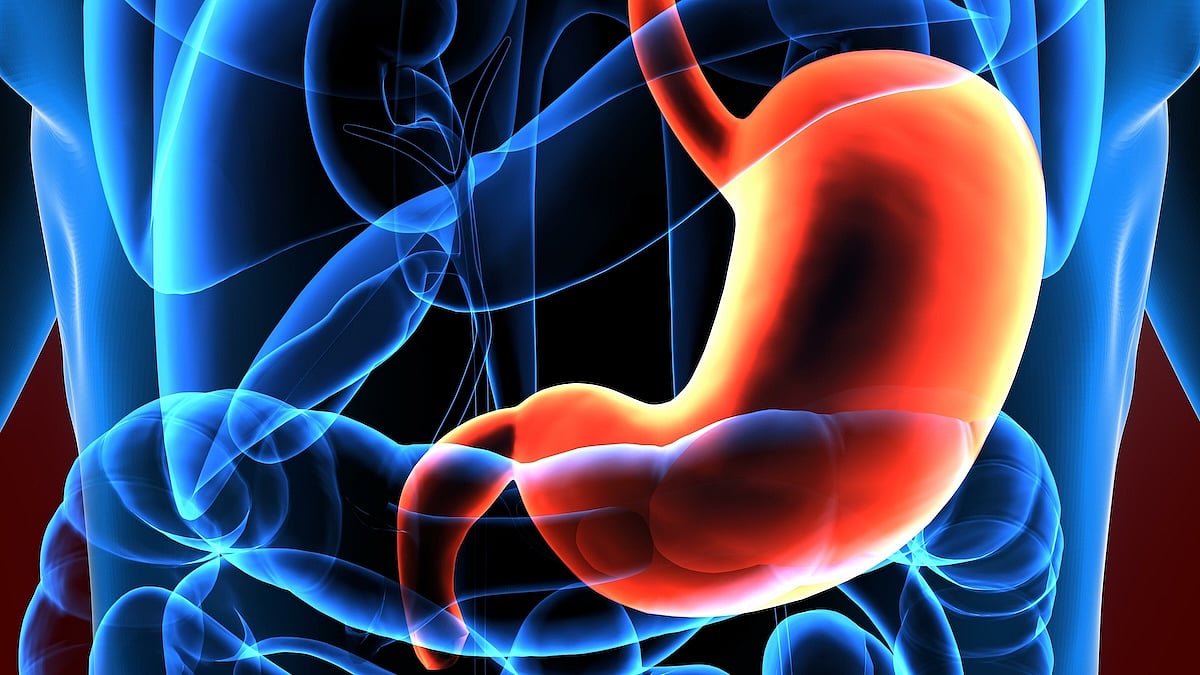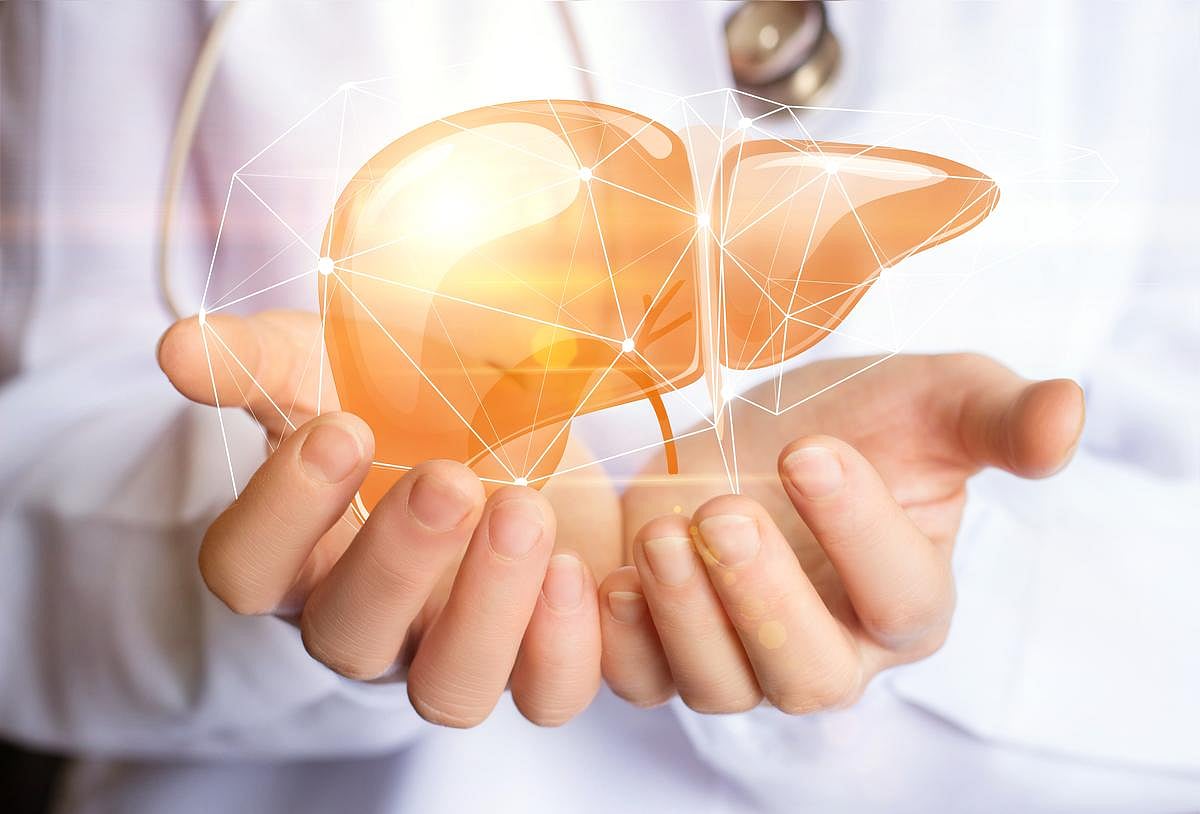
The TikTok video shows a teenage girl in braces applying a series of 14 beauty products to her face, an arsenal that costs nearly $350 all told. It’s one of many such videos where girls share their beauty regimens — but then something goes wrong. “This is what my skin looks like. It is very… read on > read on >






























